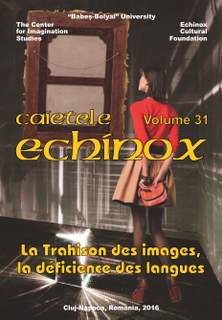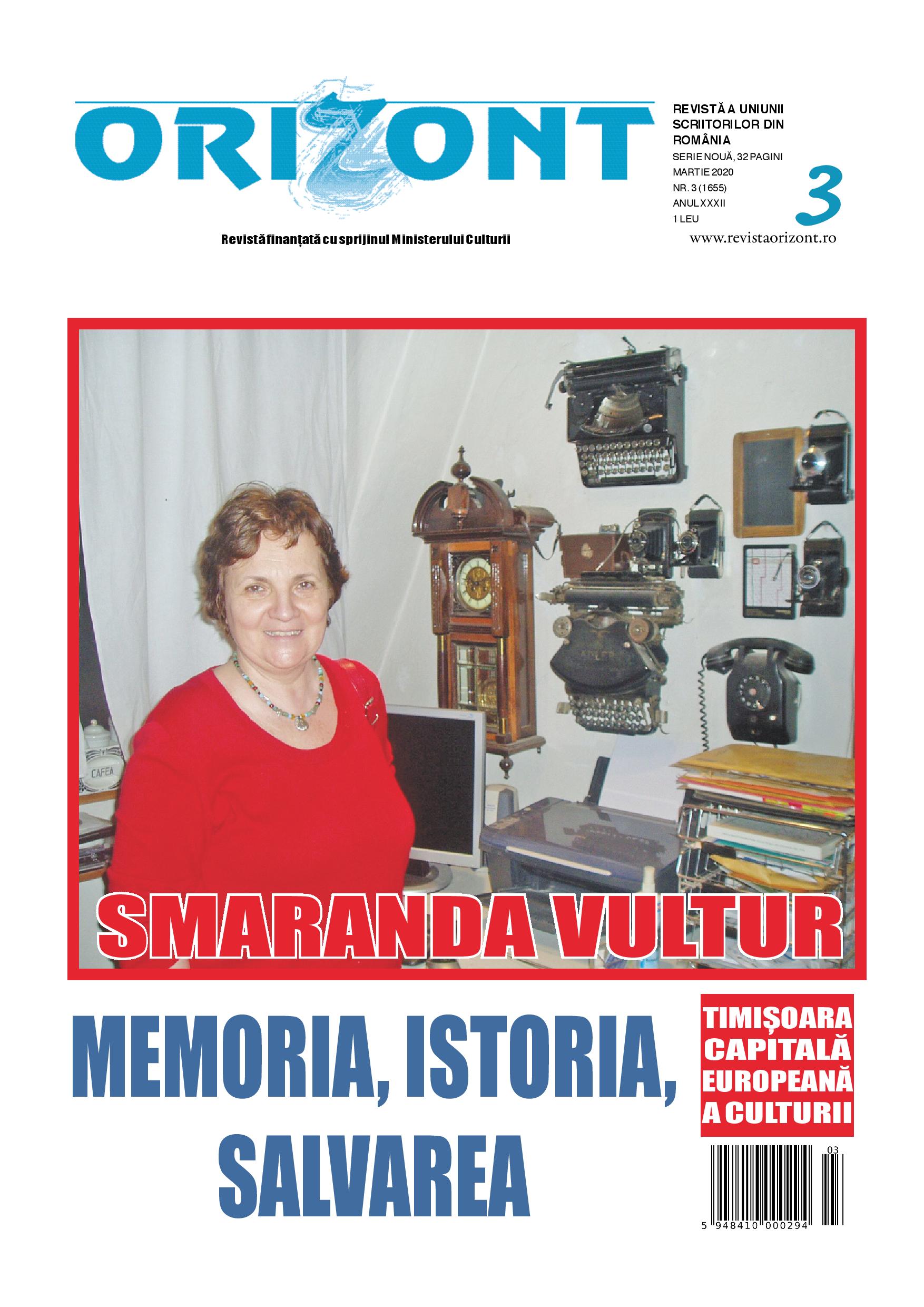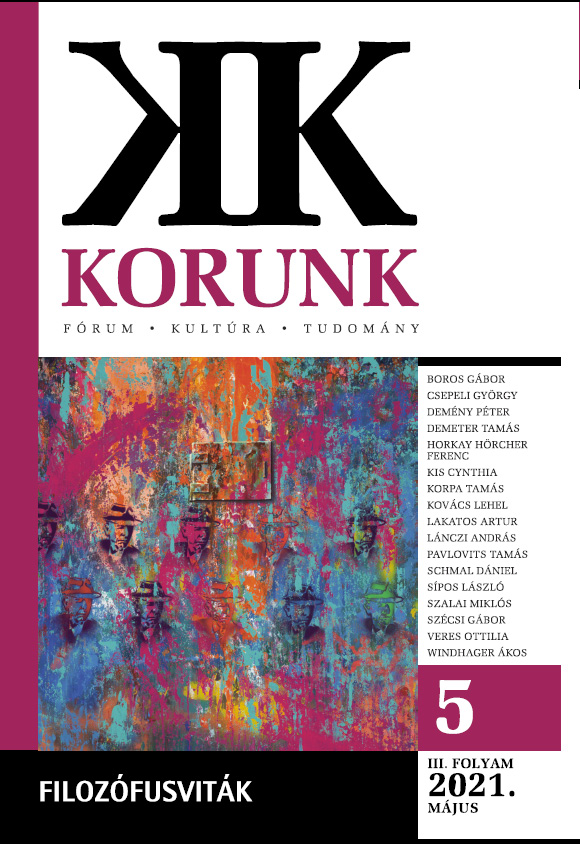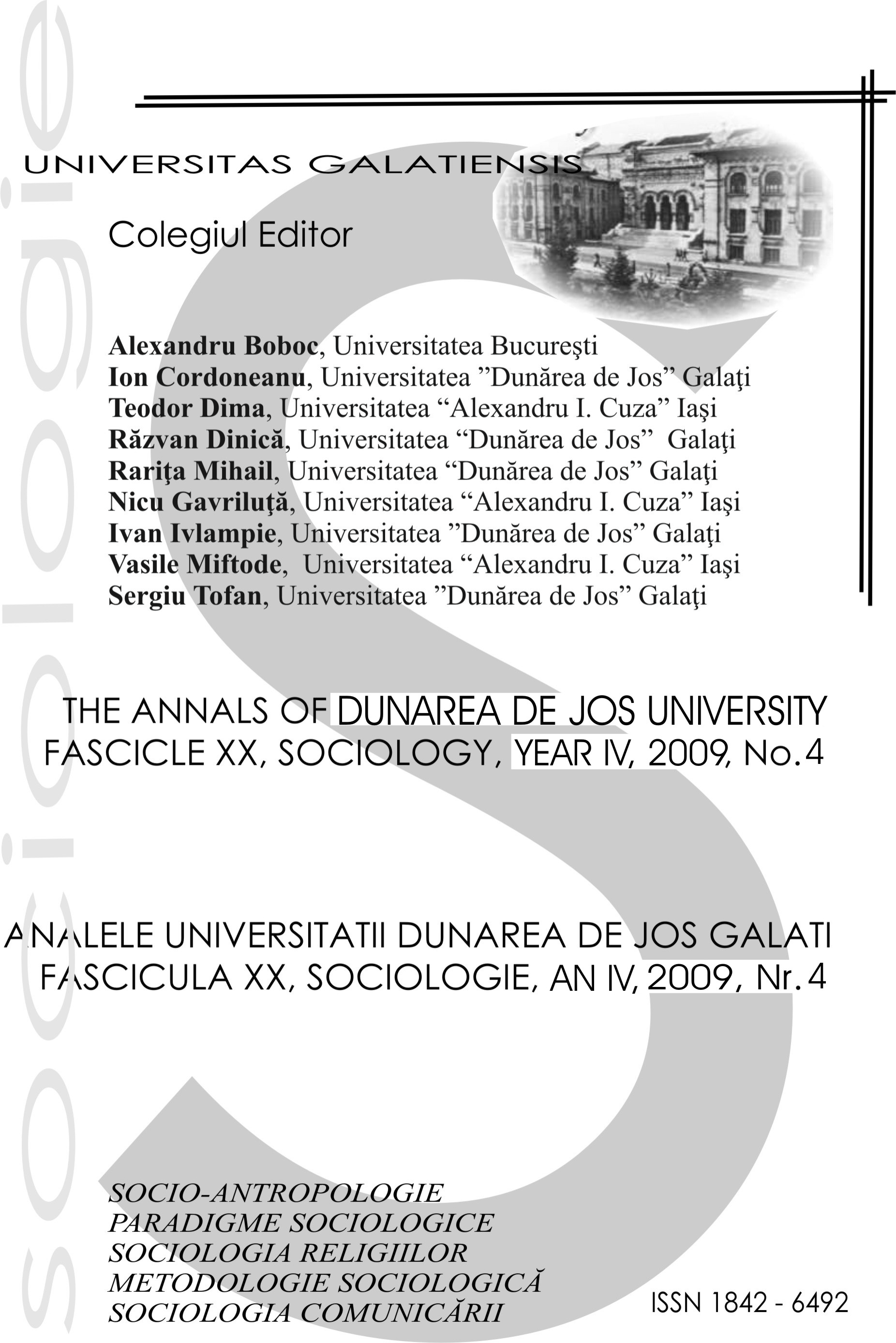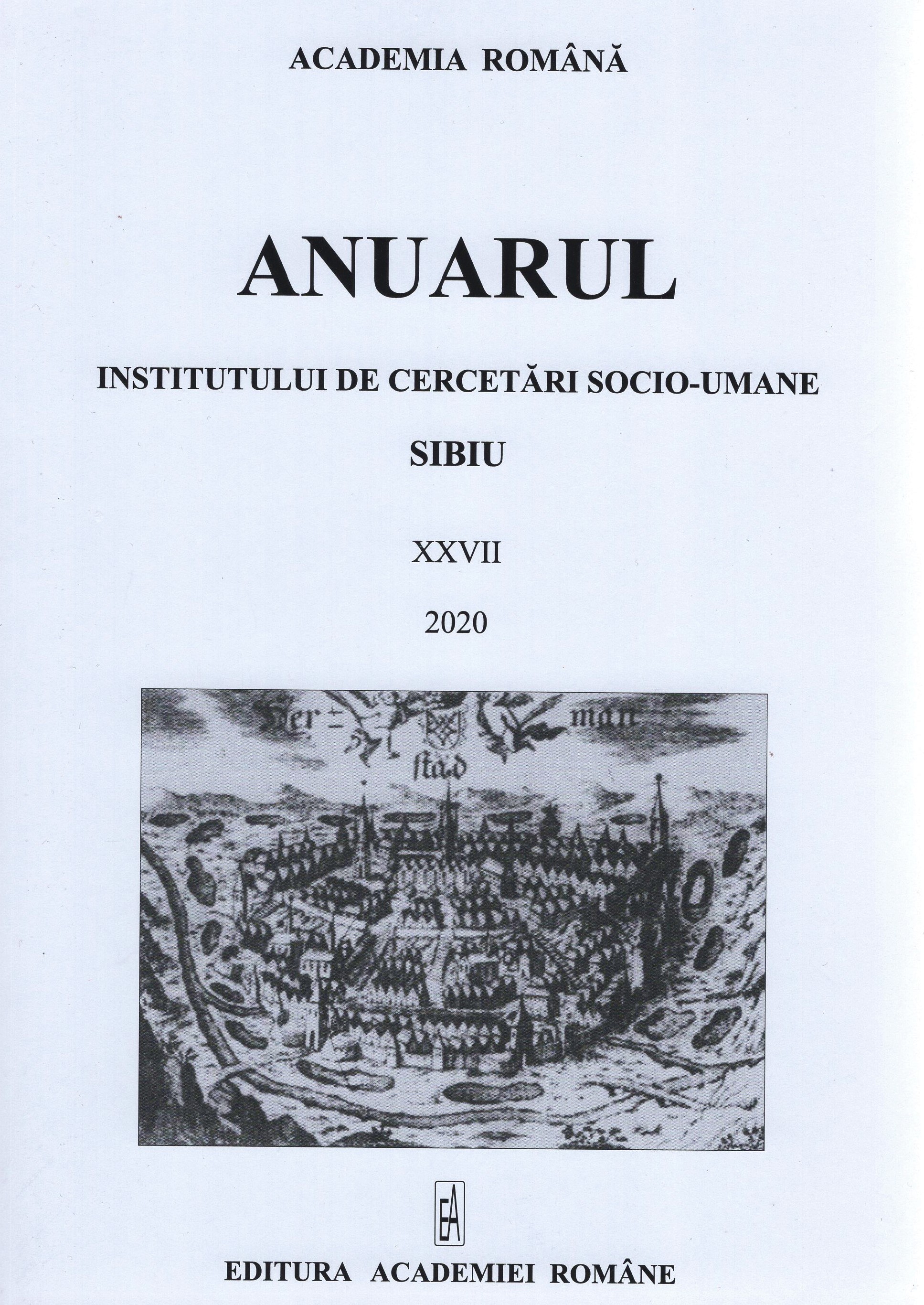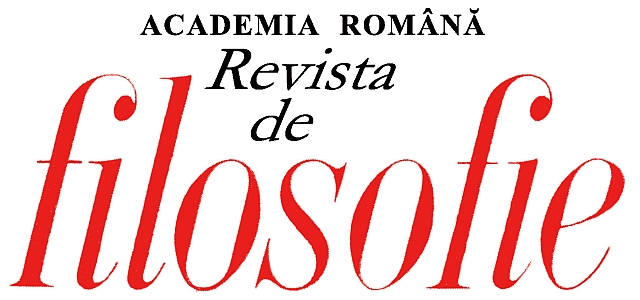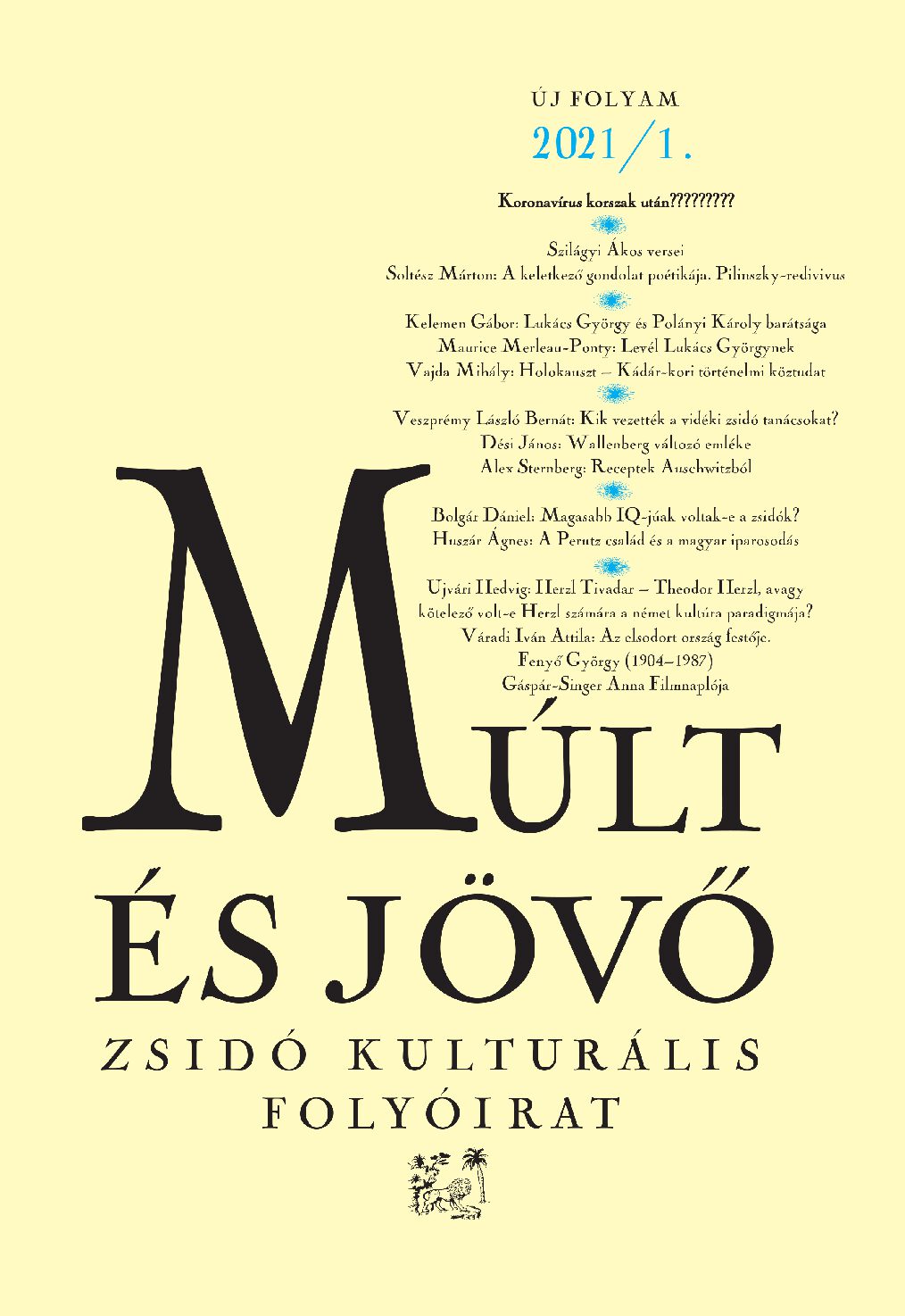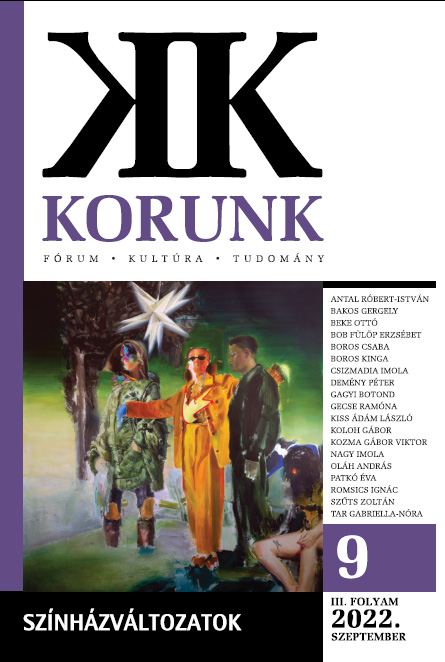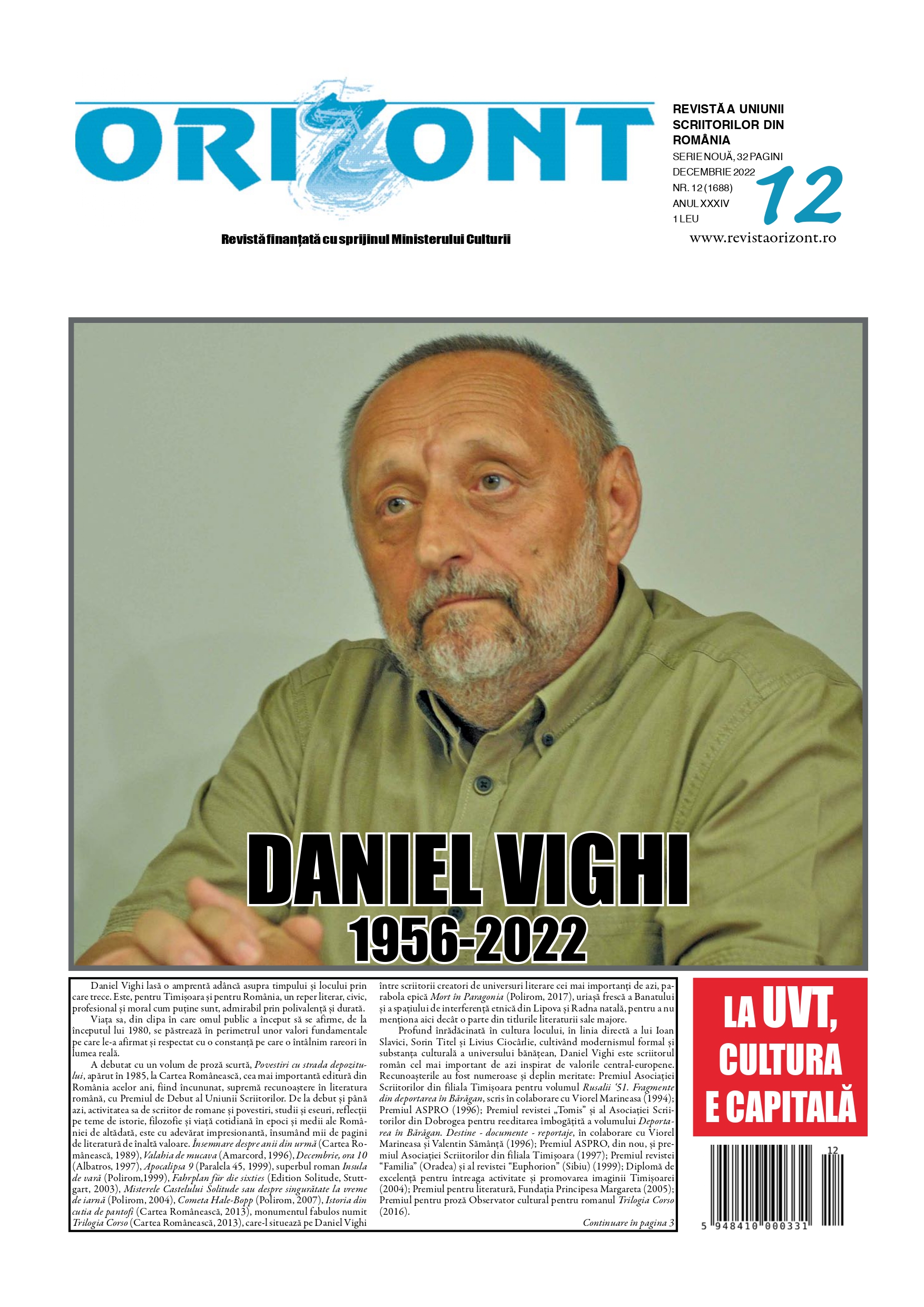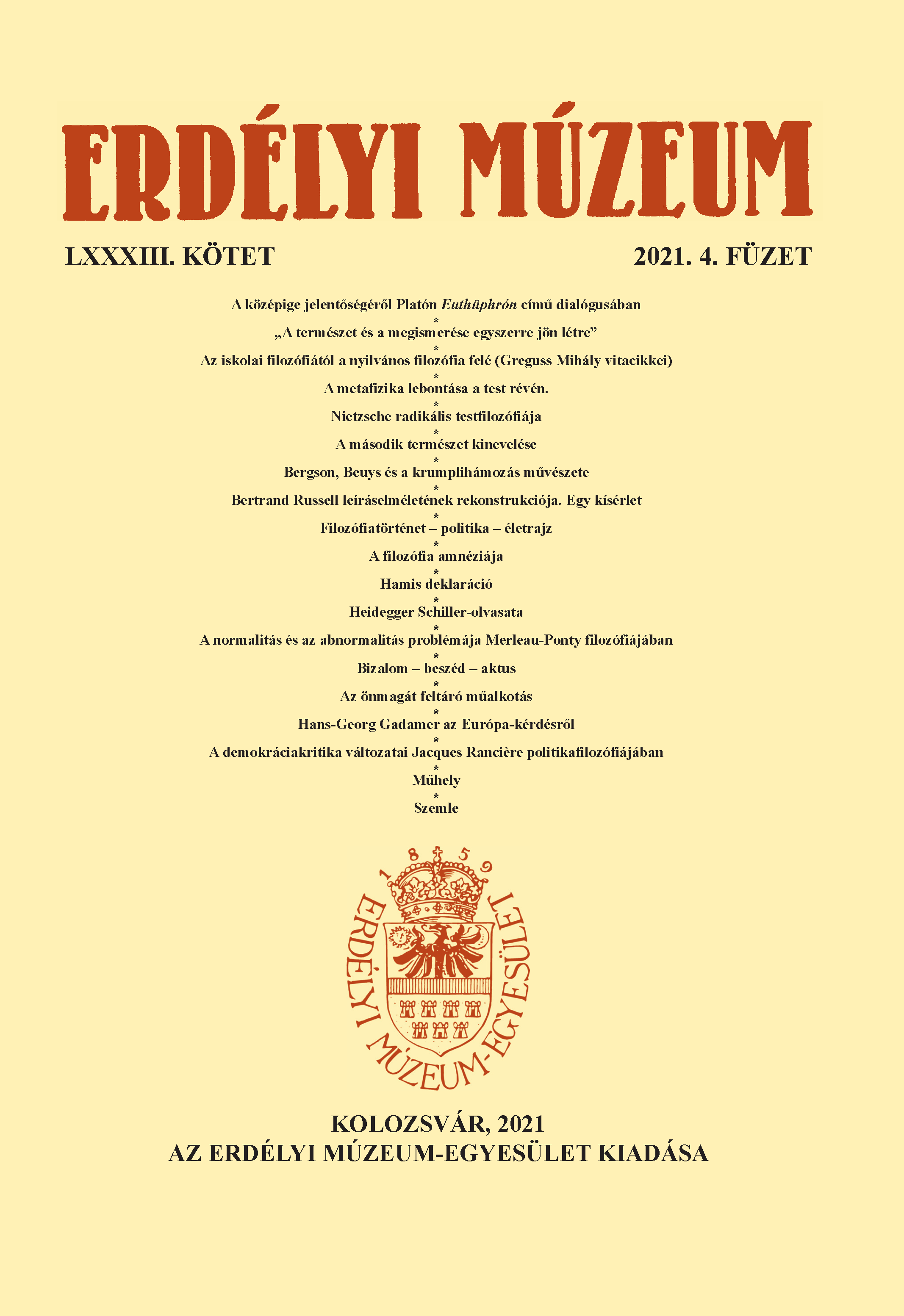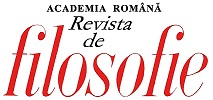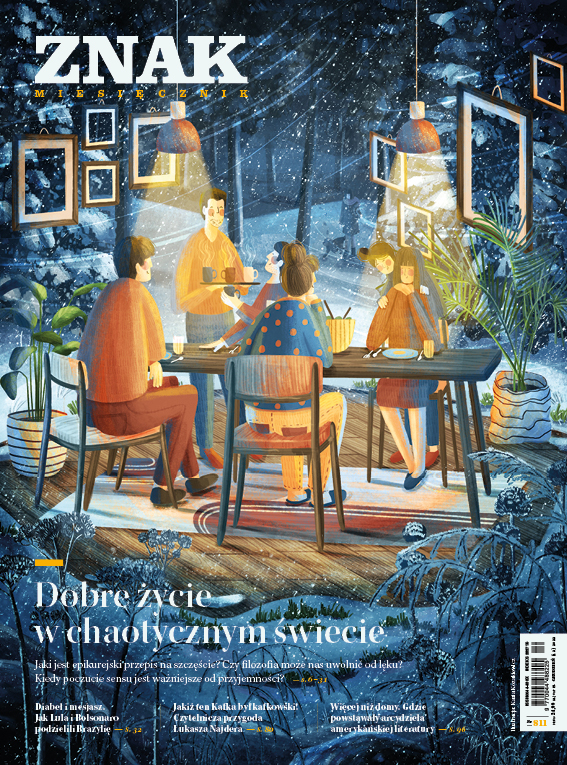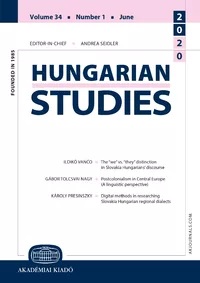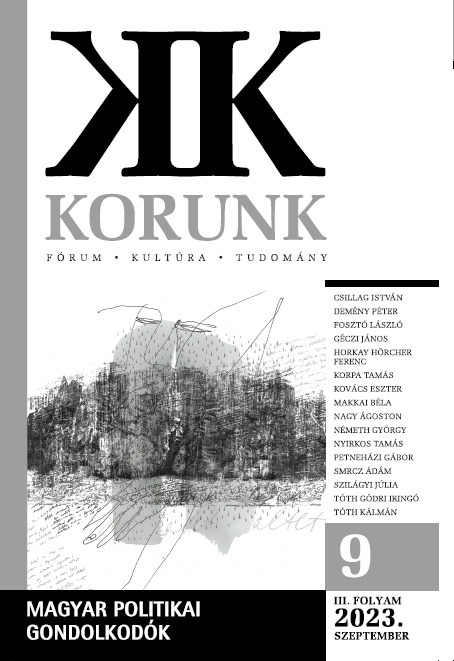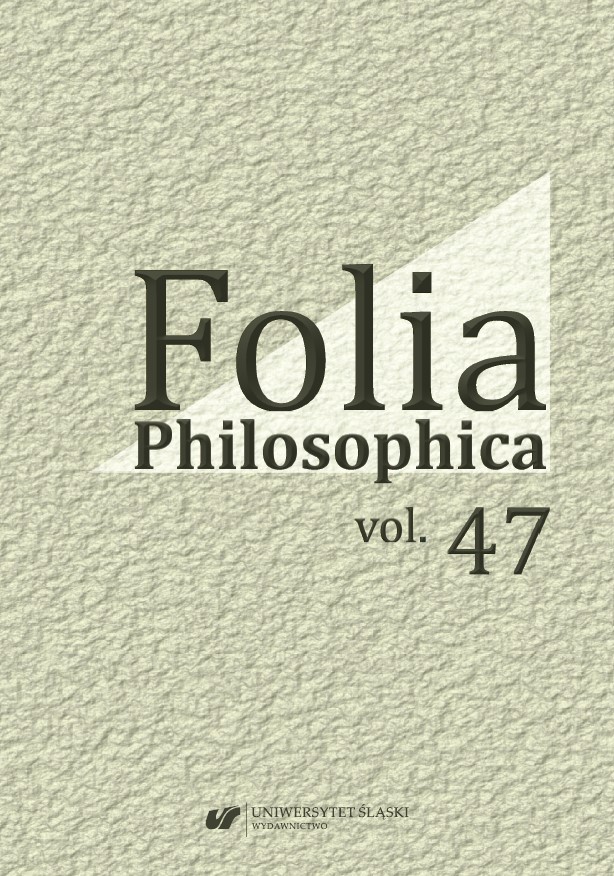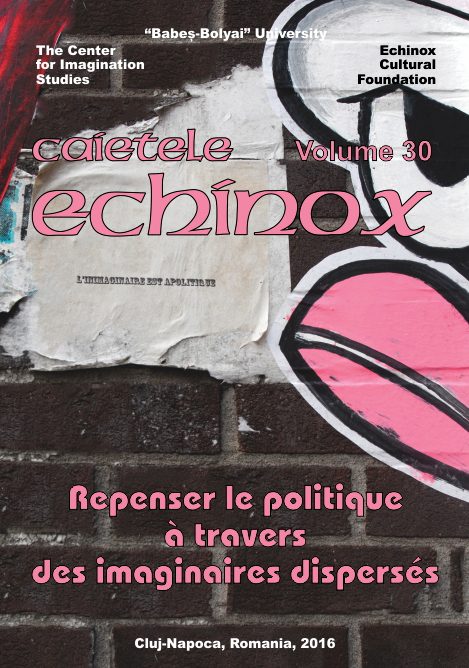
Le Sabre et la plume à écrire: Espaces politiques, spirituels, angéliques dans le système philosophique d’Ibn Khaldūn
The realism of Ibn Khaldūn’s thinking founded his work on the methodology of a historiographic, philosophical and sociological empirism which enabled him to make the distinction between the rule of the prophet-legislator, established by the divine revelation (siyāsa dīnīya), the Platonic ideal city (politeía, siyāsa madanīya) and the Muslim imperial autocracy (siyāsa ‘aqlīya). During the historical intervals defined by political apogee and the historical intervals defined by the decadence of the imperial power, the khilāfa constitutes the essence of mulk and continually recalls the omnipresent power of the revealed religion, the theocratical principle of the Muslim historical time. In this context, the endeavor to envisage history as the science destined to study the life of the human beings as social beings illustrates the pragmatism of the convergence of pólis (the community of the Hellenistic city) and umma (the religious community of islam), while historiography is vested with the power to express, in the same time, the realm of the sacred and the realm of the profane. The immanence of universal reason in the reality of individual existences is thus expressed by the polyphony of reciprocal rhetorical crossings of prophetology, politology, sociology, social psychology, angelology.
More...
